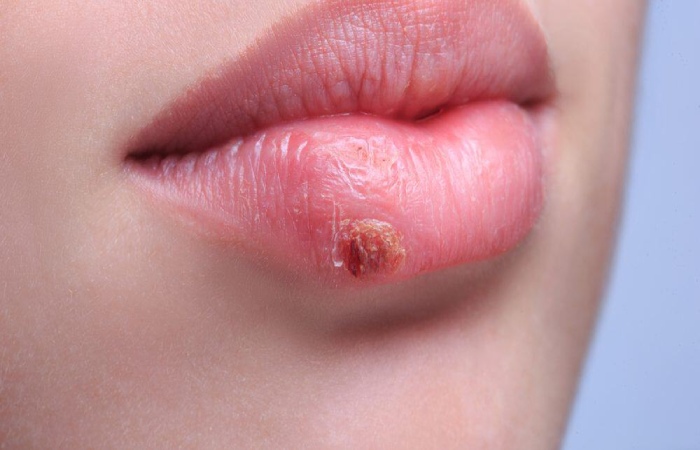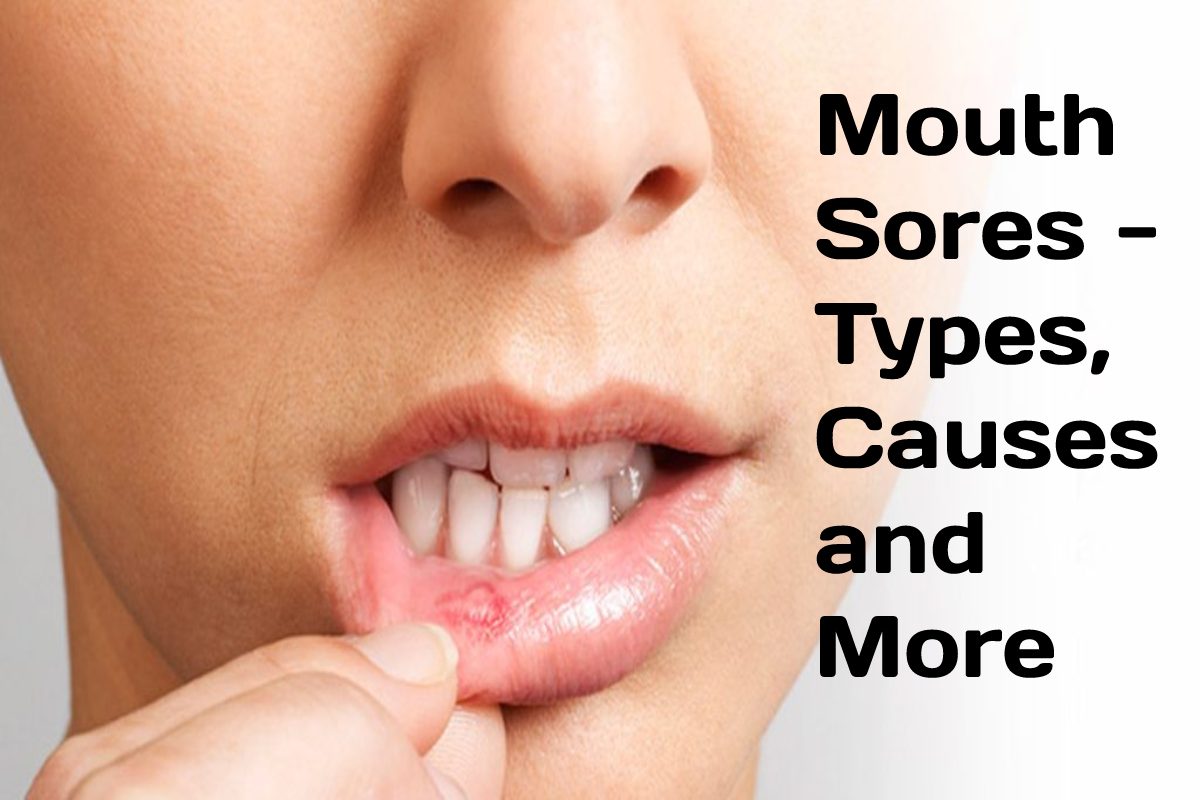Table of Contents
Mouth Sores
Mouth sores are not uncommon, but they can be very unpleasant. Many people experience this problem at some point in their lives. It is true that, although it causes many discomforts, it is something isolated in most cases. In other cases, mouth sores can signal more serious oral health problems that must be addressed.
Different Types of Mouth Sores
Mouth ulcers are a general term for sores on the oral mucosa, the soft layer covering the mouth’s inside. The two most communal types of mouth sores include:
Aphthous ulcers: small lesions that appear inside the Mouth. Aphthous ulcers are not contagious but can sometimes make chewing, speaking, or swallowing difficult.
Traumatic Ulcers – The oral mucosa is a sensitive tissue easily damaged. For example, from heat or cold, accidental bites, cuts with sharp edges, from eating complex or spicy foods. Even by chemical stimuli or irradiation. Injuries like these are called traumatic ulcers.
There are also several more severe conditions, such as gingivostomatitis and oral candidiasis, but they mainly affect children. In this case, we will effort on the first category, aphthous ulcers. So let’s look at why they happen and how you can best prevent them.

What are the Causes of Mouth Sores?
As we mentioned earlier, the inside of the Mouth has a protective upper layer, the oral mucosa. This mucosa is affected or damaged in the case of thrush, leaving the nerve cells exposed. Once exposed, these nerve endings can be further irritated by food, drink, saliva, and even contact with the air.
Although many people are affected by these mouth sores, little is known about the exact causes. However, experts have suggested some predisposing factors:
Genetics. People who suffer from recurrent canker sores often have (close) relatives who have the same problem.
Physical damage to the Mouth and oral tissue. Maybe you bit the inside of your cheek too hard or drank something too hot. This type of damage is also frequently caused by dental and orthodontic appliances. For example, someone starting orthodontic treatment is likely at increased risk for these mouth injuries.
Stress can contribute to the appearance of these ulcers. This is true for a wide variety of health problems. When dealing with high levels of mental stress, people tend to be more susceptible to numerous problems, and evidence suggests that aphthous ulcers are among them.
Hormonal changes, immune dysfunction, nutritional deficiencies (such as vitamins, iron, or folic acid), and allergic reactions contribute to its appearance.
Systemic factors. Diseases such as Crohn’s disease, ulcerative colitis, or HIV. We will debate this in more detail below.
Since experts don’t know precisely what causes them, there’s no sure way to prevent them. But there are habits and daily routines that we can implement to reduce the probability that they appear.
How to Prevent Mouth Sores?
Unfortunately, preventing them is very difficult. When there is a single factor causing it to develop, it is possible to identify and address that problem. Although often, this is not the case. Still, it’s worth monitoring potential connections and sharing information with your dentist.
If you are experiencing recurring canker sores, the most crucial step is to pay attention to patterns and correlations about the problem. You might even consider keeping a diary of what you consume. Canker sores appear. Can you relate them to something you’ve eaten or drunk? Could you have reacted to a medication? Are you missing one or more specific essential vitamins or nutrients in your diet?
With your oral care routine, you’ll want to pay attention to possible links to canker sores. It is possible that certain products or actions can facilitate its appearance. Consider using products with gentle ingredients or materials (i.e., soft bristle brushes).
How to treat Mouth Sores?
These little injuries are a pain to deal with while it is present. So, let’s see what options exist to relieve pain immediately and speed healing.
The best treatment for ulcers is a product that adds a protective layer over the ulcer. Preventing exposure to external stimuli such as air, food, and drinks can irritate and inflame the wound.
GUM offers a line of aphthous ulcer treatment under the GUM® AftaClear range that serve this very purpose. Depending on your preferences, you can find:
GUM AftaClear spray: a straightforward solution to use outside the home.
GUM AftaClear mouthwash: used after brushing and interdental cleaning or when canker sores appear in various areas of the Mouth.
Generally, it is also wise to avoid acidic or spicy foods and drinks while the mouth sores persist.
Conclusion
The bottom line is that mouth sores are very typical (it’s estimated that 1 in 5 people get them regularly). They are not particularly problematic, although they can be pretty annoying.

